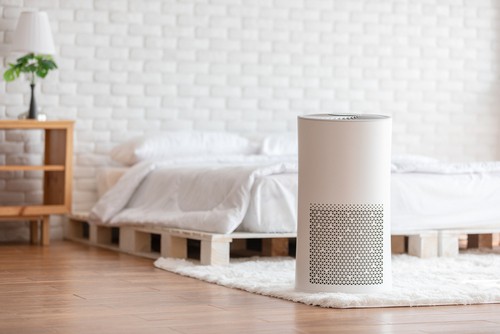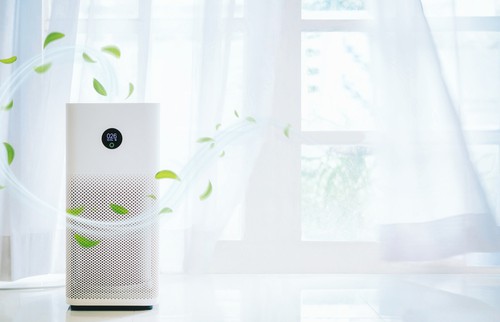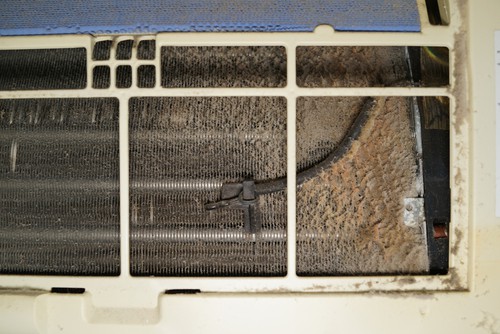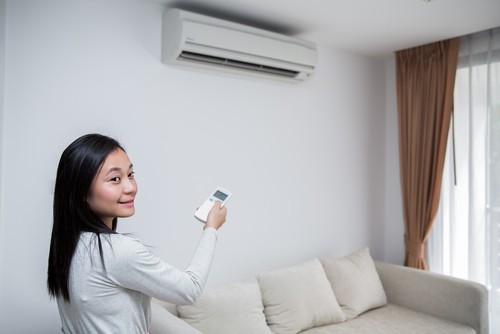
Health Benefits of Good Indoor Air Quality in Singapore. Singapore, known for its urban density and high-rise living, faces unique challenges in maintaining indoor air quality (IAQ).
Given that urban dwellers spend a significant portion of their time indoors, the air quality they breathe is paramount.
This article delves into the various facets of IAQ in Singapore, emphasizing its importance in urban environments.
Table of Contents
Importance of Good Air Quality in Urban Environments
Good IAQ is crucial in urban settings for several reasons. It reduces the risk of health problems, enhances cognitive function, and improves overall well-being.
In a city like Singapore, where space is at a premium and outdoor areas are often crowded, indoor air quality becomes a key component of a healthy lifestyle.
What Constitutes Good Indoor Air Quality?
Low levels of pollutants, adequate ventilation, and optimal humidity levels characterize good IAQ.
It encompasses the control of airborne contaminants, the provision of fresh outdoor air, and the maintenance of acceptable temperature and humidity levels.
Indoor environments in Singapore are often affected by pollutants like dust mites, mold spores, pollen, pet dander, and volatile organic compounds (VOCs) from household products.
The Impact of Indoor Air Quality on Health

Short-term Effects of Poor Indoor Air Quality
Exposure to poor IAQ can lead to immediate health problems such as headaches, dizziness, fatigue, and irritation of the eyes, nose, and throat.
These symptoms are often mistaken for other illnesses, underlining the need for awareness of IAQ’s impact.
Long-term Consequences
Long-term exposure to poor IAQ can lead to serious health issues like respiratory diseases, heart disease, and even cancer.
These risks highlight the need for continuous monitoring and improvement of IAQ in Singaporean homes and workplaces.
Health Benefits of Good Indoor Air Quality
Enhanced Respiratory Health
Good IAQ significantly reduces the risk of respiratory ailments. It is particularly beneficial for individuals with asthma or allergies, as it minimizes the triggers for these conditions.
Improved Cognitive Function and Productivity
Studies have shown that improved IAQ leads to better cognitive performance and increased productivity. This is especially relevant in workspaces and educational institutions.
Reduction in Allergy and Asthma Symptoms
Good IAQ plays a crucial role in reducing the severity and frequency of allergy and asthma symptoms, providing relief to sufferers.
Boosting Overall Well-being
Good IAQ contributes to overall physical and mental well-being, making indoor environments more comfortable and healthier.
Factors Affecting Indoor Air Quality in Singapore

The urban lifestyle in Singapore, which often involves spending extensive time indoors, can increase exposure to indoor pollutants.
Activities such as cooking, cleaning, and even personal care products can contribute to indoor pollution.
Singapore’s humid climate can contribute to the growth of mold and mildew, adversely affecting IAQ.
Proper ventilation is key to managing humidity levels and ensuring a healthy indoor environment.
Assessing Indoor Air Quality
Various tools and techniques, such as air quality monitors and sampling methods, are available for assessing IAQ.
These tools help identify pollutants and determine the effectiveness of air quality management strategies.
Interpreting the results of IAQ assessments is crucial for identifying issues and implementing corrective actions.
Understanding these results helps in making informed decisions to improve IAQ.
Improving Indoor Air Quality: Practical Steps
Ventilation Strategies for Optimal Air Flow
Implementing effective ventilation strategies, such as the use of exhaust fans and regular opening of windows, can significantly improve air circulation and reduce pollutant levels.
Selection of Air Purifying Plants
Certain plants are known for their air-purifying qualities. Incorporating these plants into indoor spaces can naturally improve IAQ.
Importance of Regular Cleaning and Maintenance
Regular cleaning and maintenance of HVAC systems and frequent dusting and vacuuming are essential for maintaining good IAQ.
Technological Solutions for Better Indoor Air Quality

Air purifiers are an effective way to improve IAQ. They work by trapping and removing pollutants from the air, making indoor environments healthier.
Smart home technologies, such as automated air purifiers and humidity control systems, offer a convenient way to monitor and manage IAQ.
The Role of Lifestyle and Behavior in Indoor Air Quality
Indoor Smoking and Its Impact
Indoor smoking is a significant contributor to poor IAQ. Avoiding smoking indoors is a crucial step towards maintaining good air quality.
The Effects of Household Products and Chemicals
Many household products and chemicals emit VOCs that can deteriorate IAQ. Opting for natural or low-VOC products can mitigate this risk.
The Economic Impact of Good Indoor Air Quality
Improved IAQ can save healthcare costs by preventing diseases and health conditions linked to poor air quality.
Good IAQ contributes to a healthier workforce, leading to increased productivity and reduced workplace absenteeism.
Frequently Asked Questions

What are the common signs of poor indoor air quality?
Common signs include frequent headaches, dizziness, fatigue, and respiratory issues.
How often should indoor air quality be assessed?
It is advisable to assess IAQ at least once a year or more frequently in high-pollution areas.
Can indoor plants significantly improve air quality?
While indoor plants can contribute to better air quality, they are most effective when used in conjunction with other IAQ improvement strategies.
What are the best practices for maintaining good indoor air quality in apartments?
Regular cleaning, avoiding indoor smoking, using air purifiers, and ensuring proper ventilation are key practices.
How does indoor air quality affect children and the elderly?
Children and the elderly are more susceptible to the adverse effects of poor IAQ, making it crucial to maintain good air quality in homes.
Health Benefits of Good Indoor Air Quality in Singapore – Conclusion

This article underscores the vital importance of good indoor air quality in Singapore. From health benefits to economic impacts, IAQ plays a crucial role in the well-being of individuals and the community.
We encourage everyone to take proactive steps in understanding, assessing, and improving the air quality in their indoor environments. By doing so, we can all contribute to creating healthier, more sustainable living spaces.
Are you seeking a professional and reliable aircon servicing company in Singapore? Contact us today!
